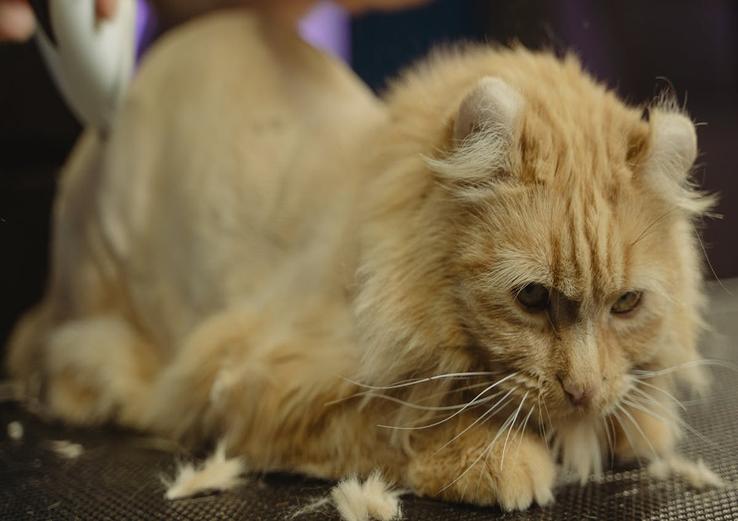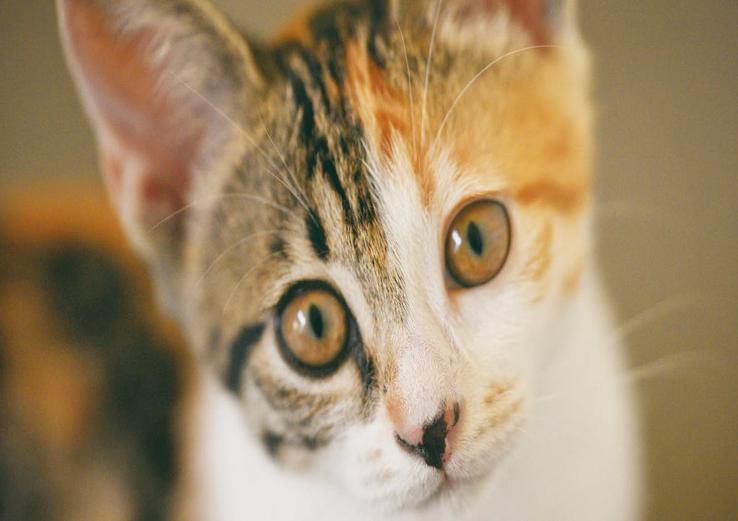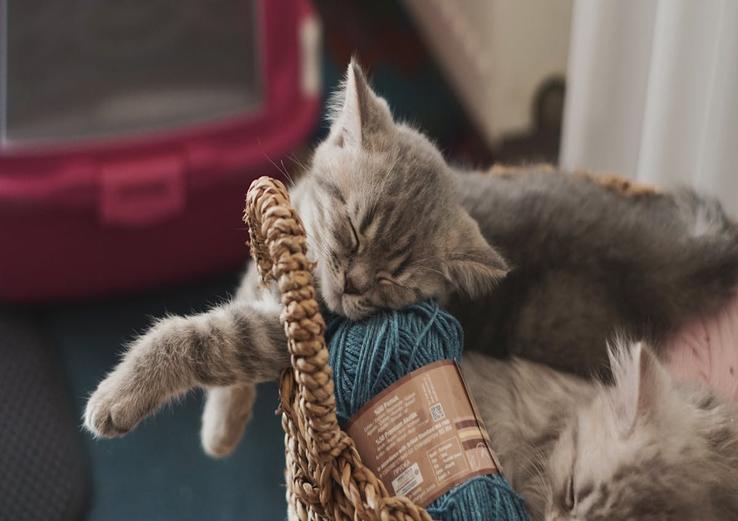Introduction to Kitten Development and Purring
Kitten development is a fascinating process, and one of the most interesting aspects is the when do kittens start purring. Purring is a vital component of cat behavior, and it plays a significant role in feline health and kitten development. Newborn kittens usually start purring around 2-3 days old, as part of their kitten development stages. This early purring is essential for their physical and emotional growth, as it helps them self-soothe, communicate with their mothers, and regulate their breathing. As a new kitten owner, it’s essential to understand the importance of purring in kitten development and how to encourage your kitten to purr.

When Do Kittens Start Purring?
According to the International Cat Care organization, kittens usually start purring around 2-3 days old. This is a critical period in their kitten development stages, and purring helps them bond with their mothers and develop essential skills. The newborn kitten behavior of purring is also a sign of their overall health and well-being. Statistics show that kittens who purr regularly tend to have better health outcomes and are more likely to thrive in their first few weeks of life. For example, a study by the Journal of Feline Medicine and Surgery found that kittens who purred more frequently had lower stress levels and were more resilient to disease.
The Science Behind Kitten Purring and Communication
So, why do kittens purr? The science behind kitten purring is fascinating. Purring is a unique vocalization that cats make by using their laryngeal muscles to vibrate their vocal cords. This produces a low-pitched humming sound that is both calming and soothing. Kittens purr for several reasons, including self-soothing, communication, and mother-kitten bonding. Purring also helps kittens regulate their breathing, especially during times of stress or anxiety. As kittens grow and develop, their purring becomes an essential part of their kitten communication and socialization. For example, a kitten may purr to signal contentment or friendship, while a mother cat may purr to reassure her kittens.
Factors Influencing Kitten Purring and Health
Several factors can influence when do kittens start purring and their overall health. Breed, health, and environment are just a few of the factors that can affect kitten purring. For example, some breeds, such as Siamese and Persian cats, may start purring earlier or later than others. Health issues, such as respiratory problems or gastrointestinal issues, can also impact a kitten’s ability to purr. Environmental factors, such as stress or anxiety, can also affect a kitten’s purring behavior. As a new kitten owner, it’s essential to monitor your kitten’s health and provide a nurturing environment that encourages purring and overall well-being.
Conclusion and Tips for New Kitten Owners on Kitten Care
In conclusion, understanding when do kittens start purring is essential for new kitten owners. By recognizing the importance of purring in kitten development and communication, you can provide your kitten with the best possible care and support their overall health and well-being. To encourage your kitten to purr, make sure to provide a comfortable and nurturing environment, engage in play, and show affection. You can also check out our related articles on Kitten Health Checks, The Importance of Socialization for Kittens, and How to Care for Your New Kitten for more tips and advice. Remember, every kitten is unique, and their purring behavior may vary. With patience, love, and proper care, you can help your kitten thrive and enjoy a happy, healthy life.

FAQ Section:
Q: At what age do kittens typically start purring?
A: According to the International Cat Care organization, kittens usually start purring around 2-3 days old, as part of their kitten development stages.
Q: Why do kittens purr?
A: Kittens purr for self-soothing, communication, and mother-kitten bonding, as explained by the Journal of Feline Medicine and Surgery, highlighting the importance of purring in feline health.
Q: Can factors like breed and health affect when kittens start purring?
A: Yes, factors like breed, health, and environment can influence when kittens start purring, according to veterinarians and pet care experts, including the ASPCA, who provide insights into kitten care and feline health.
Q: How can I encourage my kitten to purr?
A: You can encourage your kitten to purr by providing a comfortable and nurturing environment, engaging in play, and showing affection, as suggested by PetMD, a credible source on kitten development and feline health.
Q: What are some common health issues that can affect kitten purring?
A: Common health issues that can affect kitten purring include respiratory problems, gastrointestinal issues, and neurological disorders, as reported by the ASPCA, emphasizing the importance of regular kitten health checks and monitoring feline health.

Author Bio: As a seasoned animal behaviorist and kitten care expert, I have dedicated my career to understanding the complexities of feline behavior and development. With years of experience working with kittens and cats, I am passionate about sharing my knowledge with new kitten owners and providing them with the tools and resources they need to give their kittens the best possible start in life. Whether you’re a seasoned cat owner or a newcomer to the world of felines, I hope this article has provided you with valuable insights into the fascinating world of kitten development and communication.
